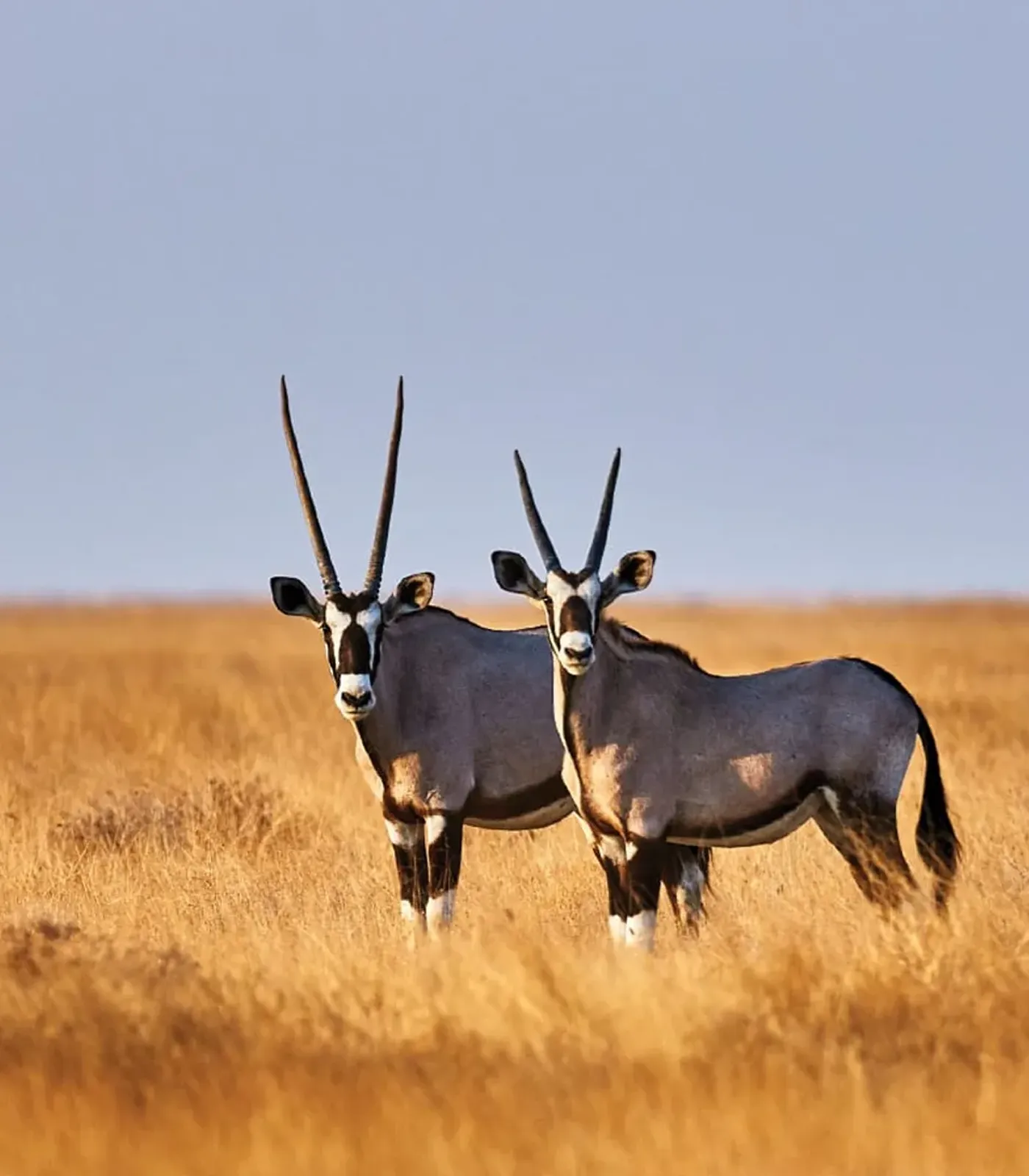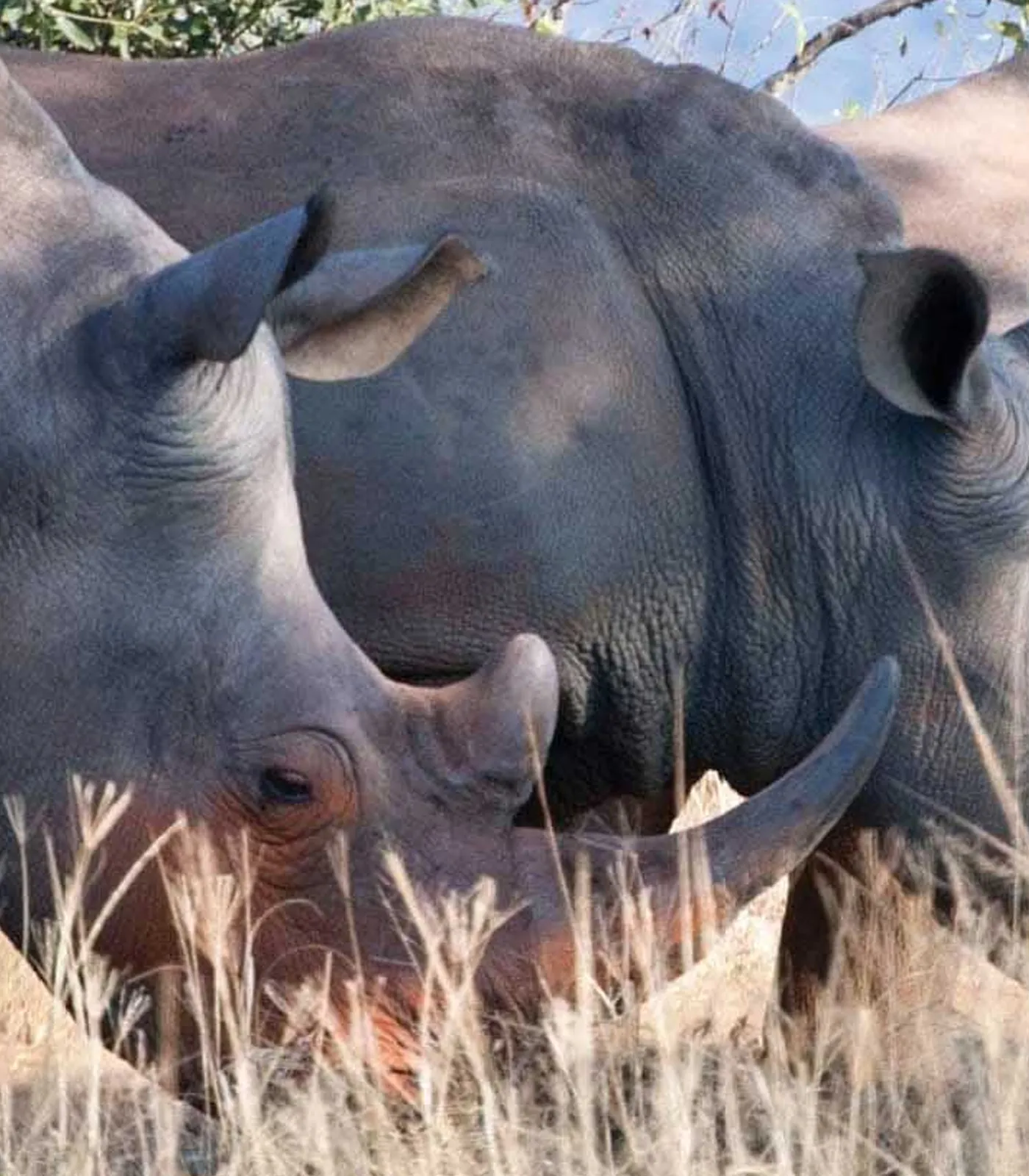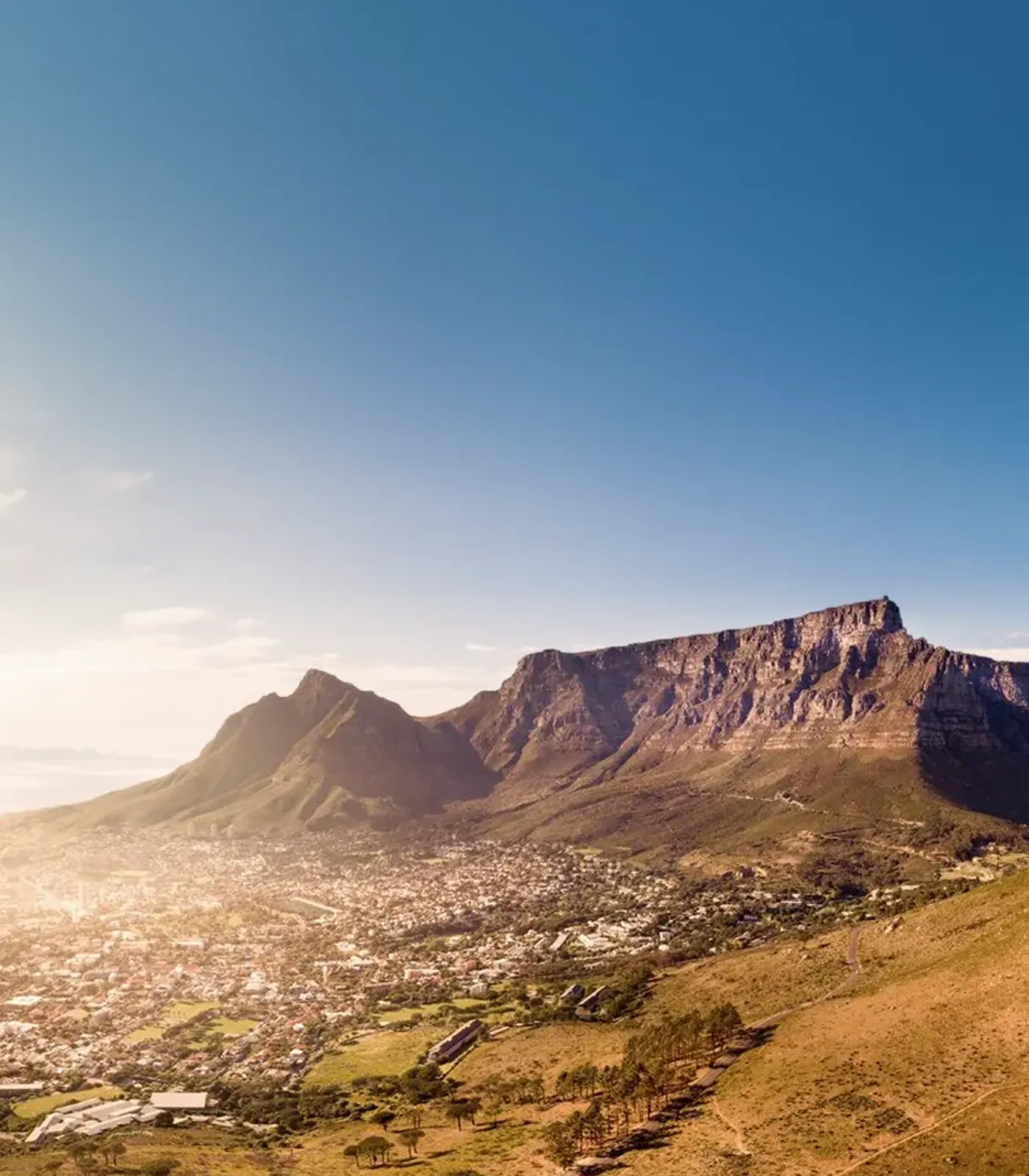READ THIS NOW TO GIVE YOU A CLEARER IDEA OF HOW SUSTAINABLE HUNTING BENEFITS WILDLIFE CONSERVATION EFFORTS ACROSS THE AFRICAN CONTINENT
Hunting is behind one of the most significant transfers of wealth to occur in US history. The catalyst for the transfer was the love sportsmen, and women feel for nature and wildlife. Hunters are on the frontlines of nature, watching and noticing when wildlife and its ecosystems are upset.
There was a time when hunters were some of the only witnesses to the unimaginable scenes of destruction. Wild nature turned into unsightly landscapes, polluted waterways, drained wetlands, levelled forests, and native grassland turning to dust. The worst part was the dwindling numbers of animals, birds, and fish.
Outrage turned to action, and the rallying cry of hunters everywhere became: PUT WILDLIFE CONSERVATION ABOVE ALL ELSE! Thus, the American System of Conservation Funding was born.

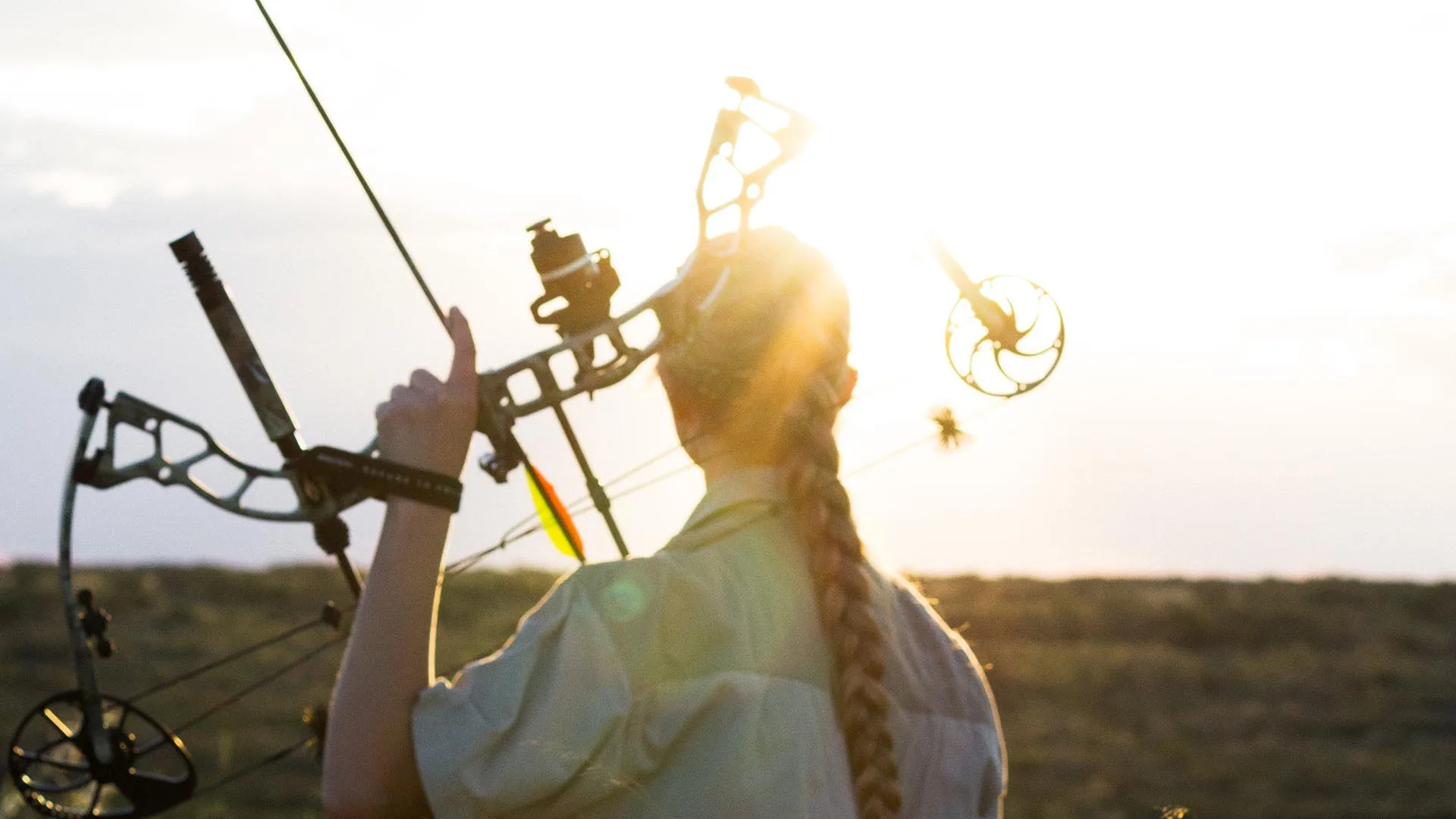
UNIVERSAL TRUTHS ABOUT HUNTING.
Around the world, outdoor enthusiasts are passionate about preserving wildlife and natural habitat. None more so than hunters. Many of the brightest and most accomplished people through the ages were avid hunters and staunch conservationists. One of whom, was Theodore Roosevelt, the 26th President of the United States who founded the National Wildlife Refuge System.
Hunting can form part of a healthy lifestyle enjoyed by those who enjoy and believe in the “local, organic, and free-range” food movements. Wild-game offers the ultimate free-range, chemical-free, unprocessed, lean protein available for a sustainable “earth to table” style of eating. The growing ranks of women hunters want their families to connect with nature and eat local and organic.
Hunting can provide a type of spiritual experience in pristine nature and the environment not accessible in their everyday life.
Hunting provides exercise, fresh air, the ability to enjoy the camaraderie of friends and family while in the beauty of nature.
THE AMERICAN’S NATIONAL WILDLIFE REFUGE SYSTEM
On March 24, 2015, the “Cooperative Alliance for Refuge Enhancement” released an in-depth report titled, “America’s National Wildlife Refuges: Good for Wildlife and Business.” The reports revealed the National Wildlife Refuge System had more than 47 million visitors a year. They also boosted local economies with a 388% return on investment, for every dollar, $4.87 goes to the NWRS system. “More than $2.4 billion is generated by the ‘Big Six’ recreational activities on wildlife refuges. The main six wildlife-dependent recreational uses offered on most reserves include:
- Environmental Education
- Interpretation
- Photography
- Wildlife Observation
- Hunting and Fishing”
The National Wildlife Refuge System is critical to wildlife preservation:
- 98% of all wildlife refuges are home to at least one threatened or endangered species.
- 59 wildlife refuges were established specifically to protect endangered species.
- More than 200 wildlife refuges were created specifically for migratory birds.
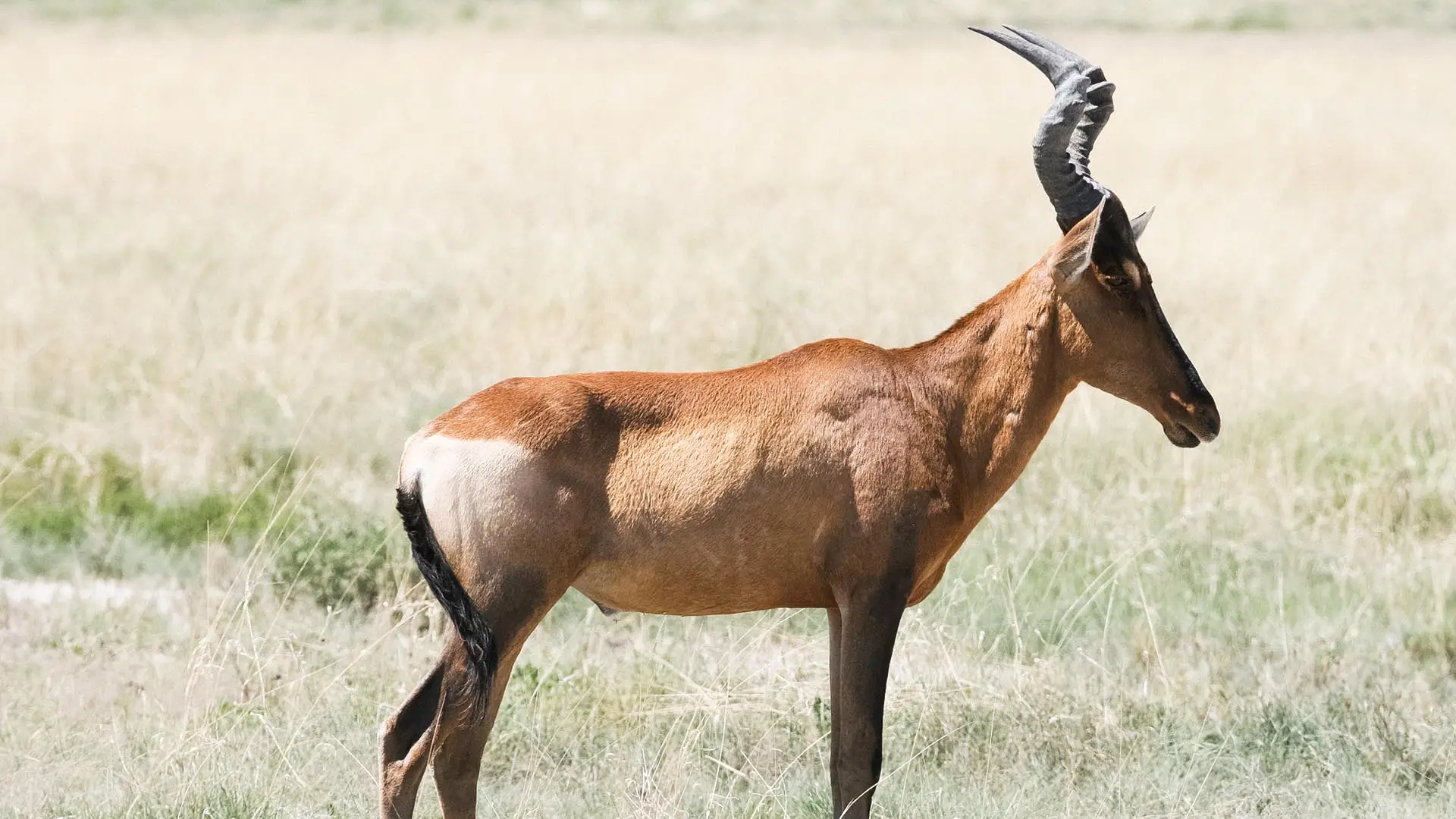
HUNTERS IN SOUTHERN AFRICA HEARD THE SAME RALLY CRY
It wasn’t only in America that hunters and wildlife enthusiasts realized human needs and demands impacted wildlife and their habitat. Wildlife numbers reduced sharply or even eliminated in areas of large-scale commercial tobacco and crops farming for the international market. (Muir-Leresche & Nelson).”
Realizing the environmental downfall brought government officials, hunters, and conservationist together to find a solution. They broke the cycle of deterioration by introducing profitable, private endeavors like wildlife ranches offered hunting safaris, photographic and adventure tourism, and other game attractions.
THE BEST SOLUTION FOR SOUTHERN AFRICA WILDLIFE: PRIVATE GAME RANCHES
Over the last 40 years, Zimbabwe, South Africa, Namibia, and Botswana have experimented with privatized use of wildlife. The Southern African governments sold large tracts of land to private owners where game species could roam as they would in the wild. Africa’s game enthusiasts wanted to preserve their natural wealth and began transferring personal funds into private game ranches.
Ranch owners provided fencing, security cameras, and rangers to secure the property and keep poachers out. Livestock farmers converted to wildlife operations and began to see significant financial gains on some ranches, “wildlife populations expanded in four years by as much as 50%.” (Muir-Leresche & Nelson)
FACTS ABOUT THE PROFESSIONAL HUNTERS ASSOCIATION OF SOUTH AFRICA
Since 2003, The Professional Hunters Association of South Africa (PHASA) Conservation and Empowerment Fund has been promoting and supporting conservation and research projects throughout Southern Africa. It also supports the empowerment of disadvantaged communities and individuals. To date, contributions to the fund have reached more than 15 million rand (10.6 million dollars).
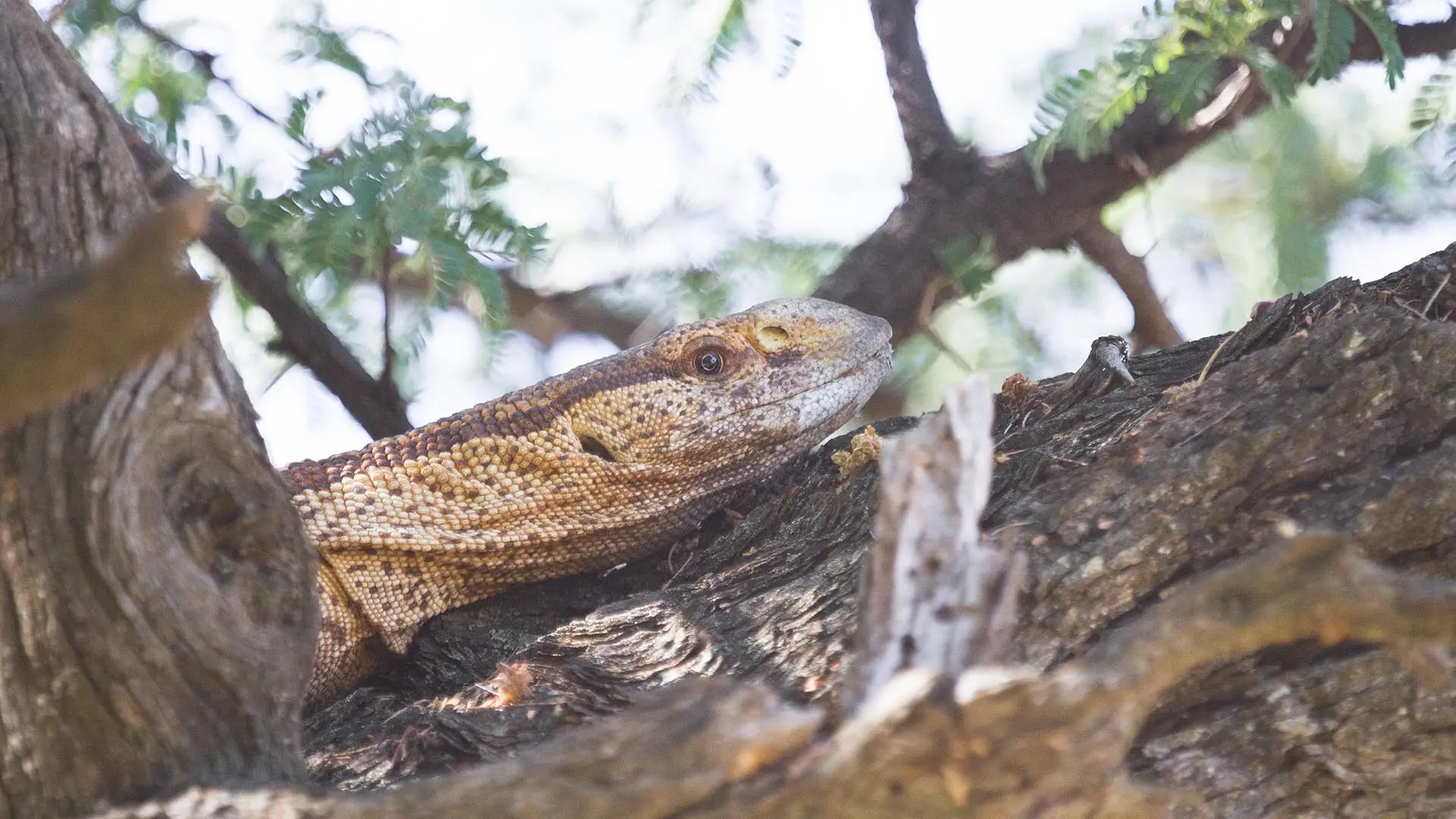
HUNTERS CARE INITIATIVE
Hunter’s Care was designed to consolidate social responsibility initiatives under the PHASA Conservation and Empowerment Fund, with the aim of, “providing a fuller understanding and account of the professional hunting industry’s contribution to community development, food security, and rural education.”
The funds go to building day care facilities, schools, clinics and even roads. The private game industry also creates jobs which support families and uplift isolated rural communities.
An overlooked benefit provided by professional hunting in South Africa is the contribution to food security. In rural areas, access to meat is expensive and not widely available. PHASA donates approximately 2.6 million tons of meat annually to schools, nursing homes, orphanages, and rural villages.
PROJECTS SUPPORTED BY HUNTERS CARE INITIATIVE:
- Booysens Beertjies Nursery School. Located west of Pretoria this school offers needy three to five-year-old children free school. Often the children are developmental behind in language, motor skills, and emotional development. This nursery school prepares children to flourish at the next level of schooling.
- Knysna Fire Relief. Over 250,000 rand ($17,607.25) was donated for water, food, clothing, and supplies after 10,000 people were forced to evacuate and 300 homes lost to this devastating wildfire.
- Kuierkidz Learning Center. This organization empowers children with severe disabilities, teaching them how to live a meaningful life.
- Kungwini Welfare Organization (KWO). KWO hosts public awareness workshops about TB, HIV, and AIDS. They provide job skills training for young adults, unemployed women, and people with disabilities. KWO also operates several residential facilities for children and youth:
- One is a home that supports boys 12-18 years of age with shelter, clothing, meals and other basics needs.
- Another is a daycare center where children receive two hot meals a day.
- KWO partners with the Paul Jungnickle Home that provides vocational therapy and workshops for disabled people.
- Residents@Work. For mentally challenged and autistic young adults, this facility teaches different skills that suit their abilities.
- South African Wildlife College. PHASA and the Hunters Care Initiative has funded many wildlife conservation and professional hunter courses at the South African Wildlife College. Thirteen hundred people from disadvantaged communities are offered scholarships to advance their career opportunities.
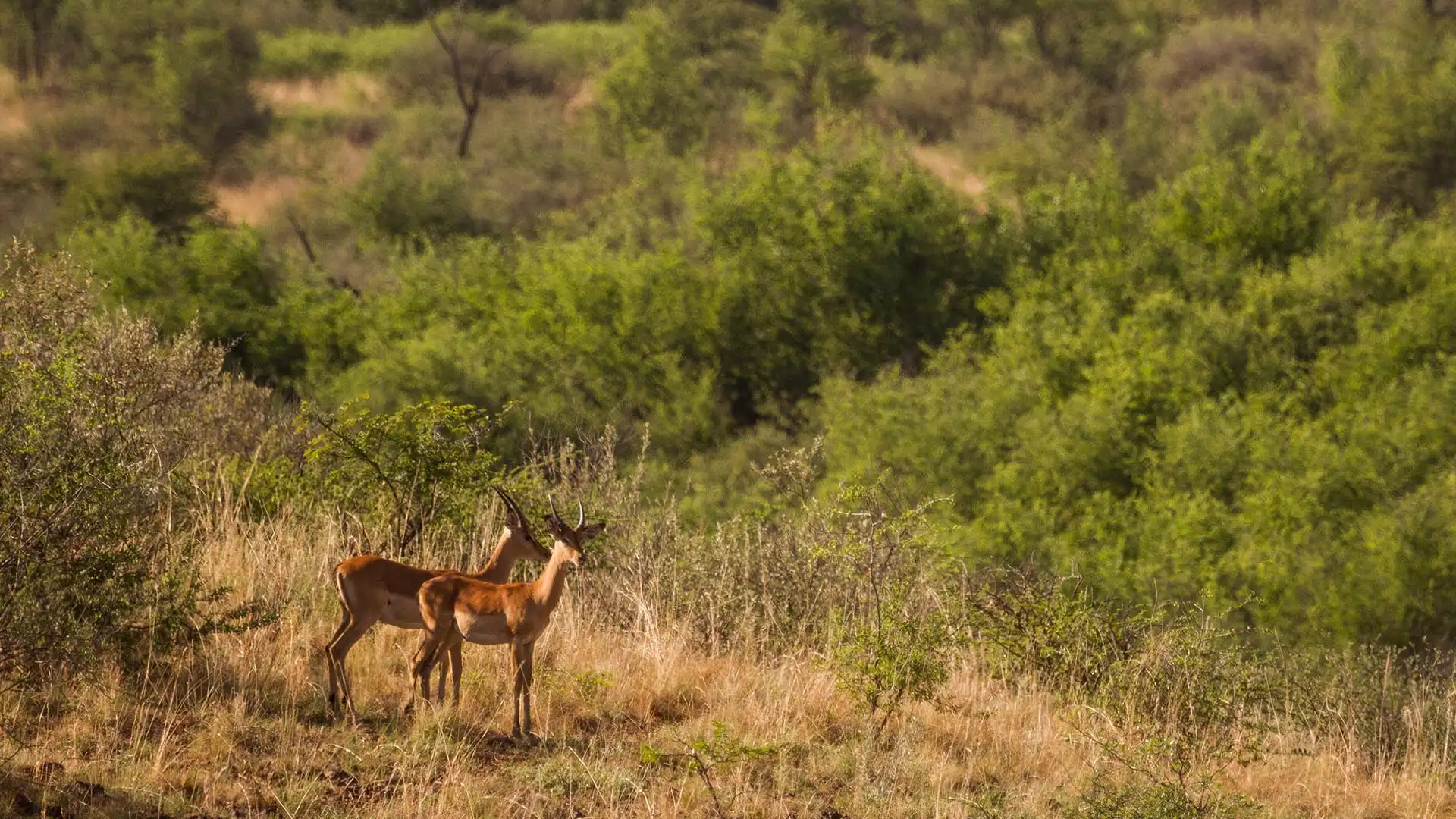
AVULA: THE AUTHORITY IN HUNTING
Hunting solves a myriad of problems from population control, disease prevention, and road safety, to name just a few. Modern society’s negative attitudes toward hunting are rooted in baseless assumptions and ignorance about the sport and industry. Everyone should know how vital hunting is to conservation.
At Avula, we practice and promote ethical hunting. Our 3 lodges offer a unique experience for international hunters looking for a true African adventure.
